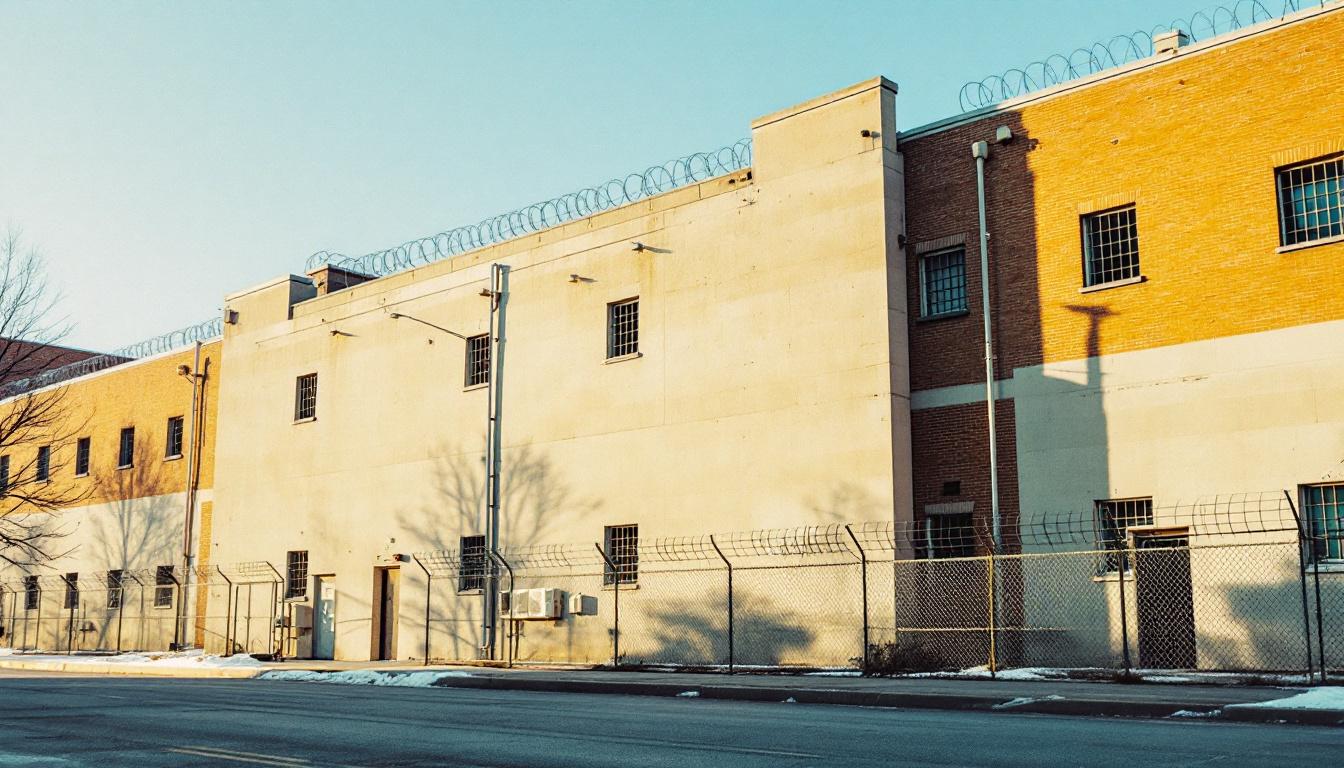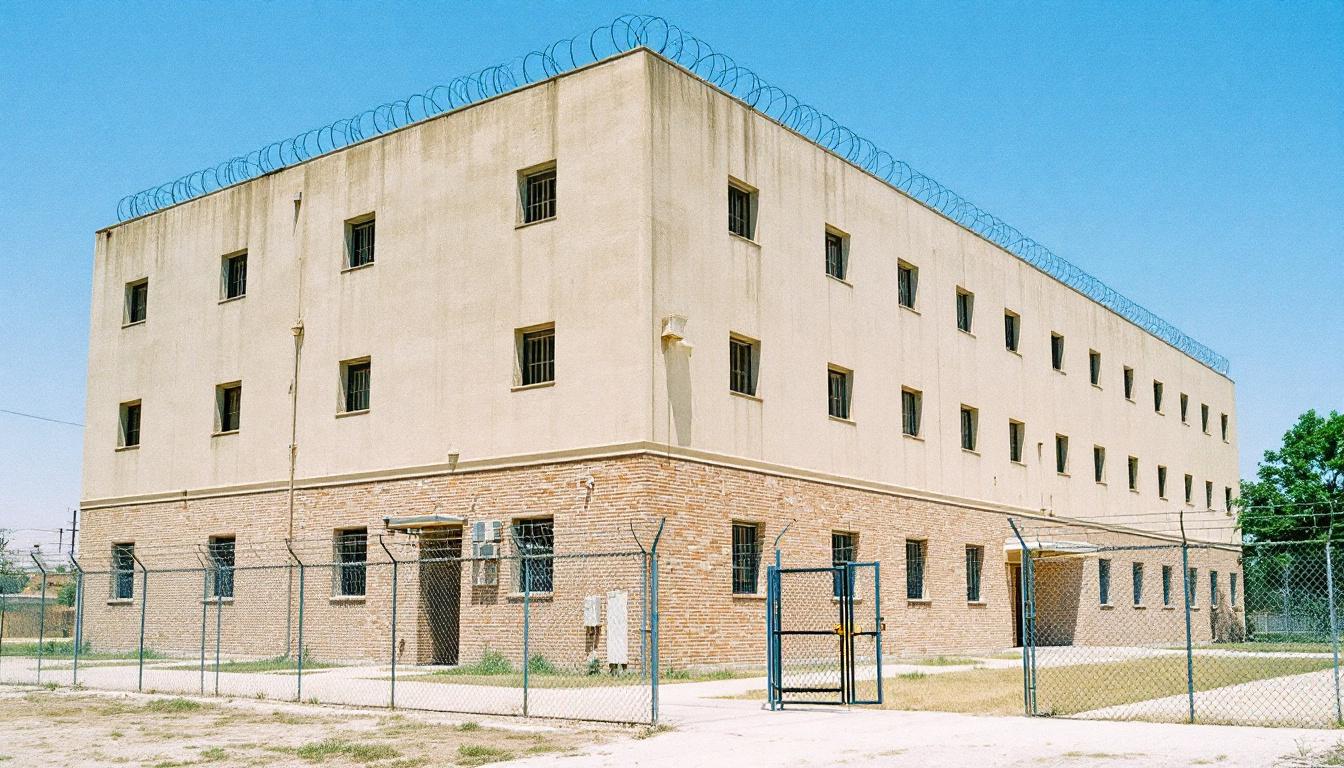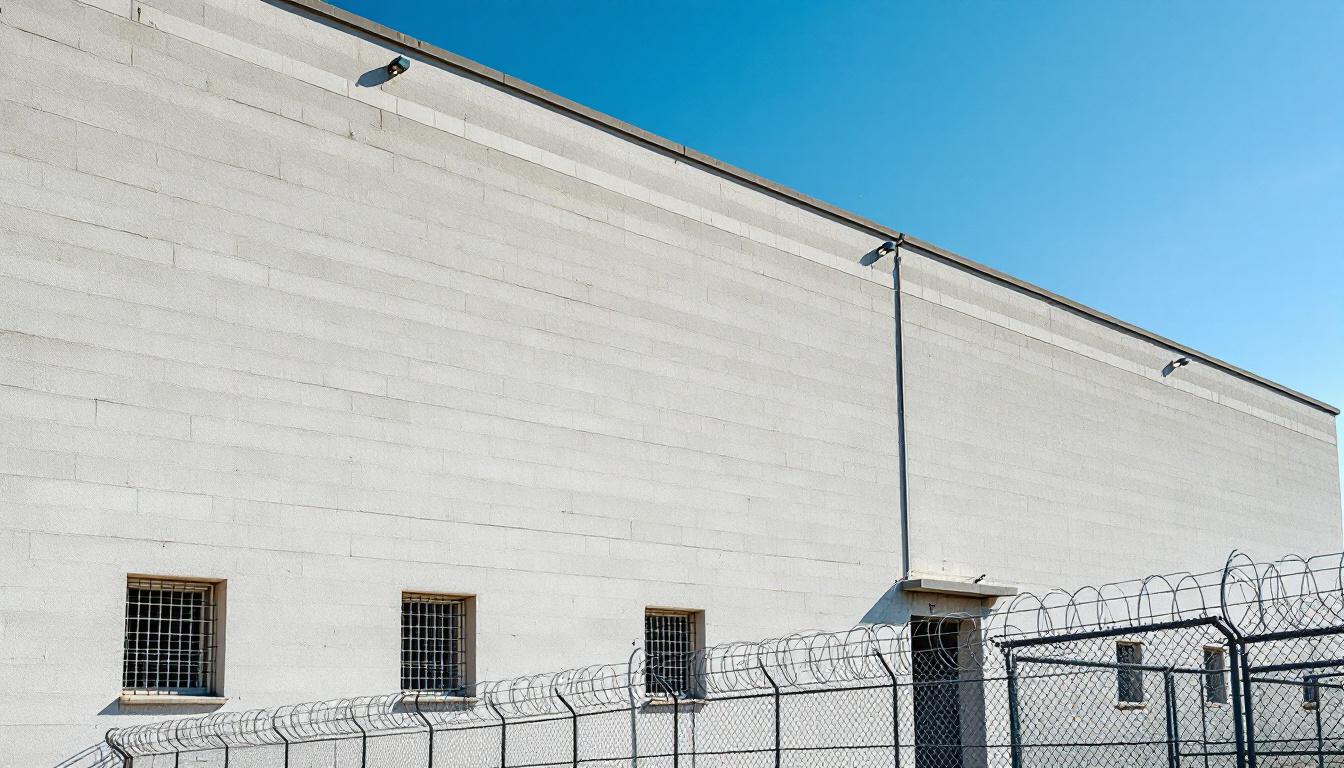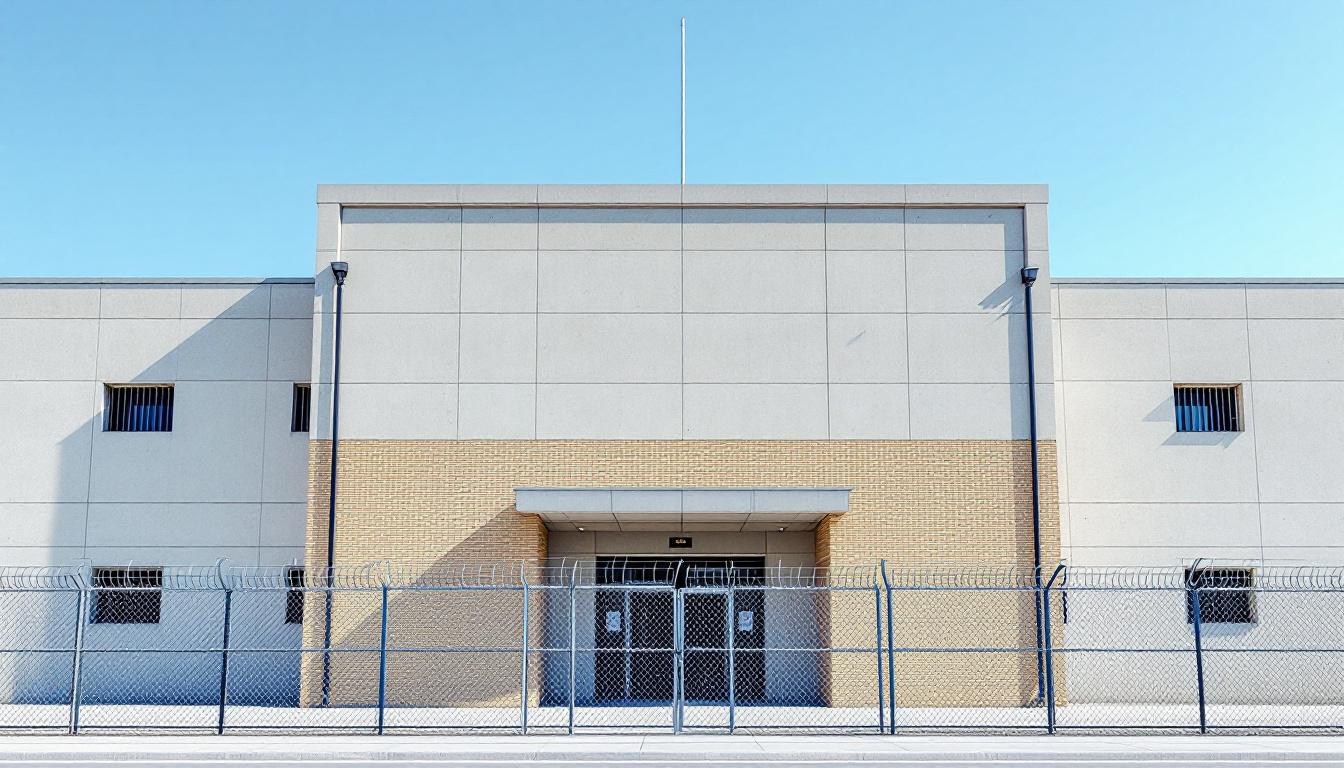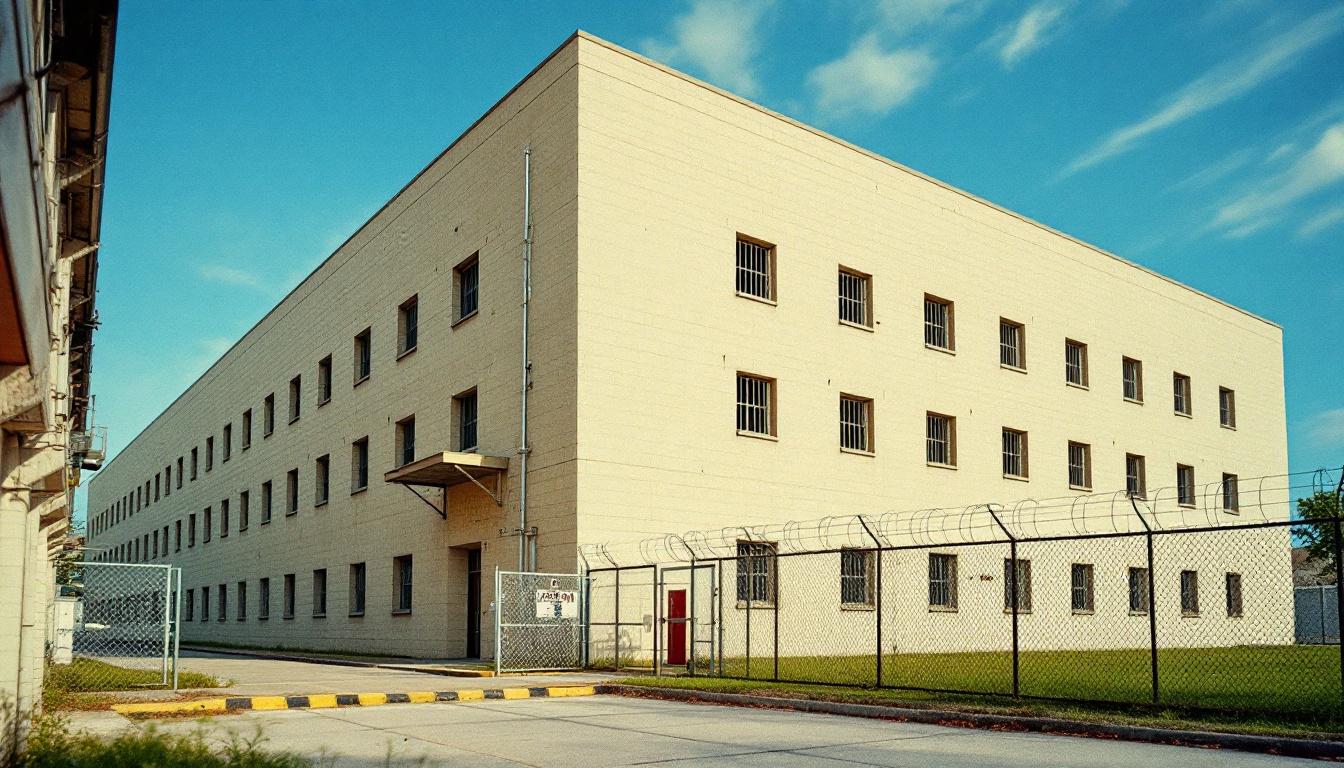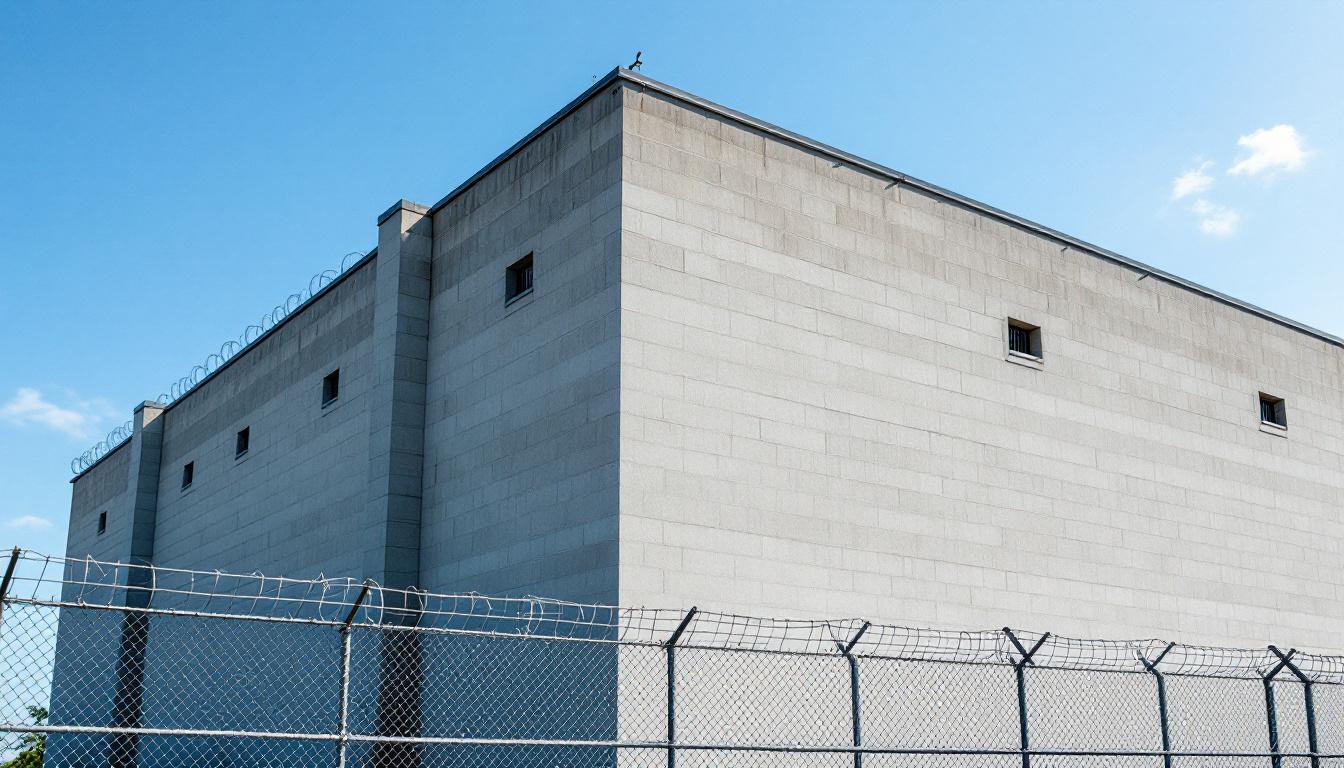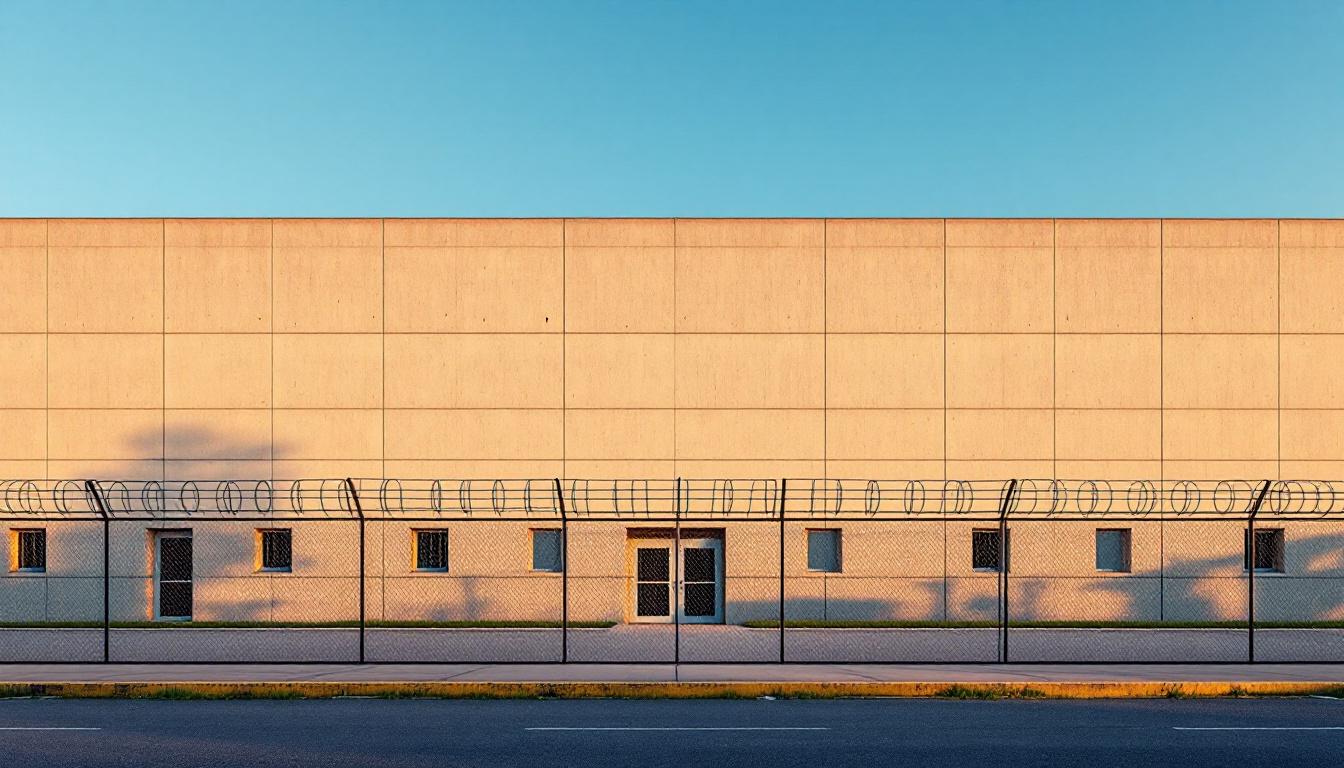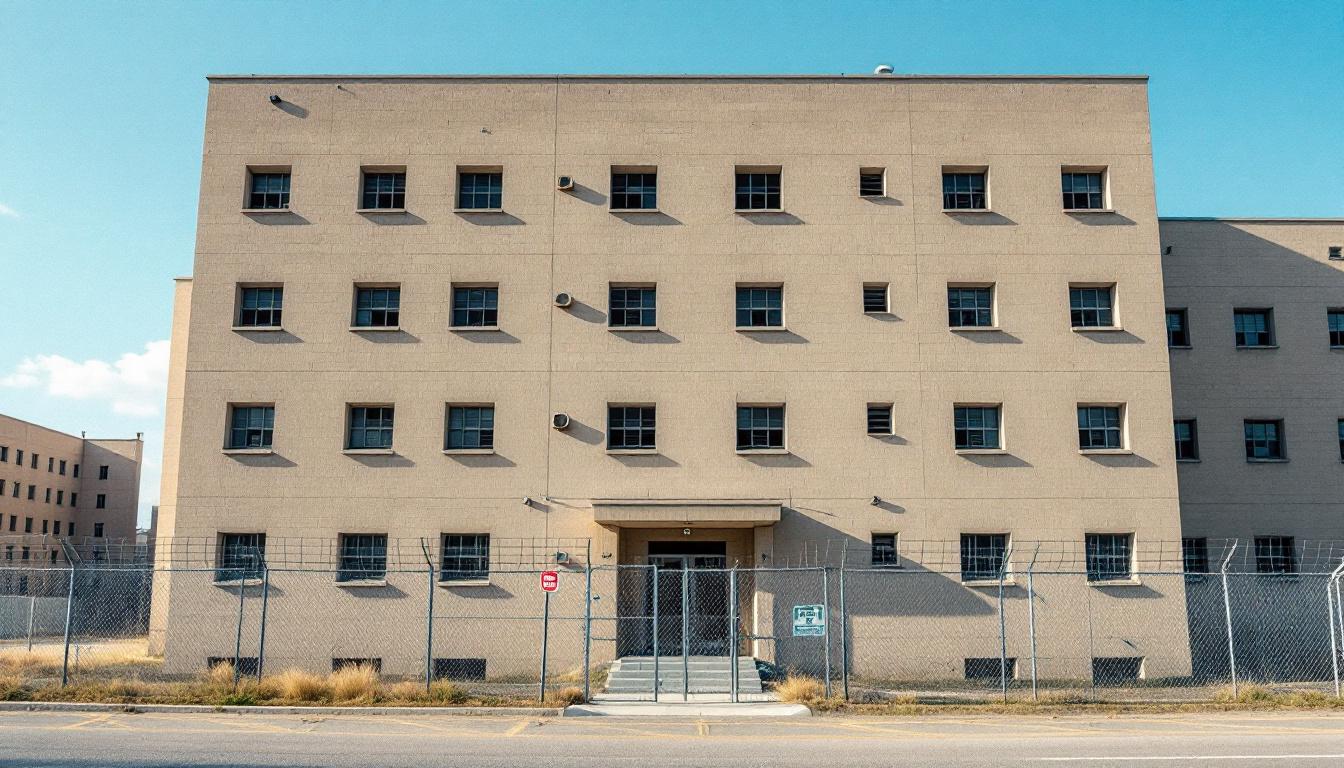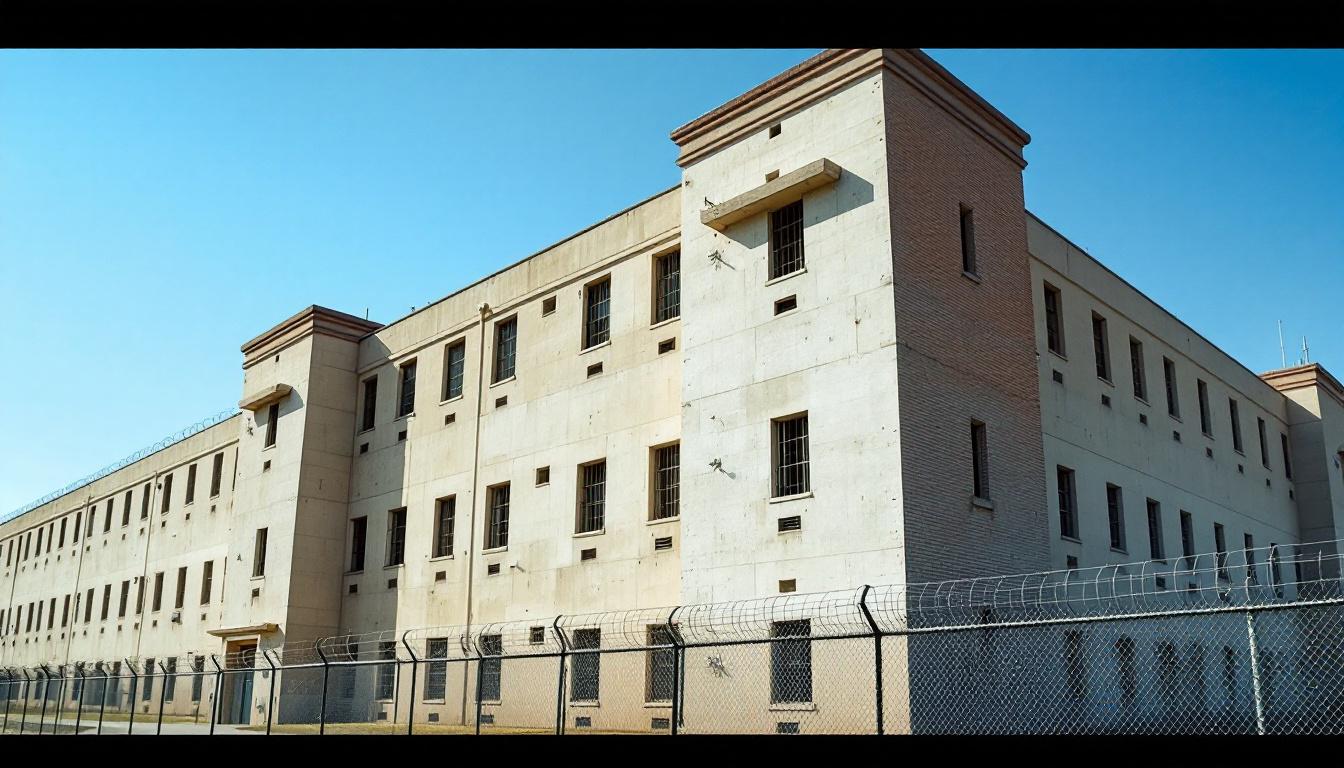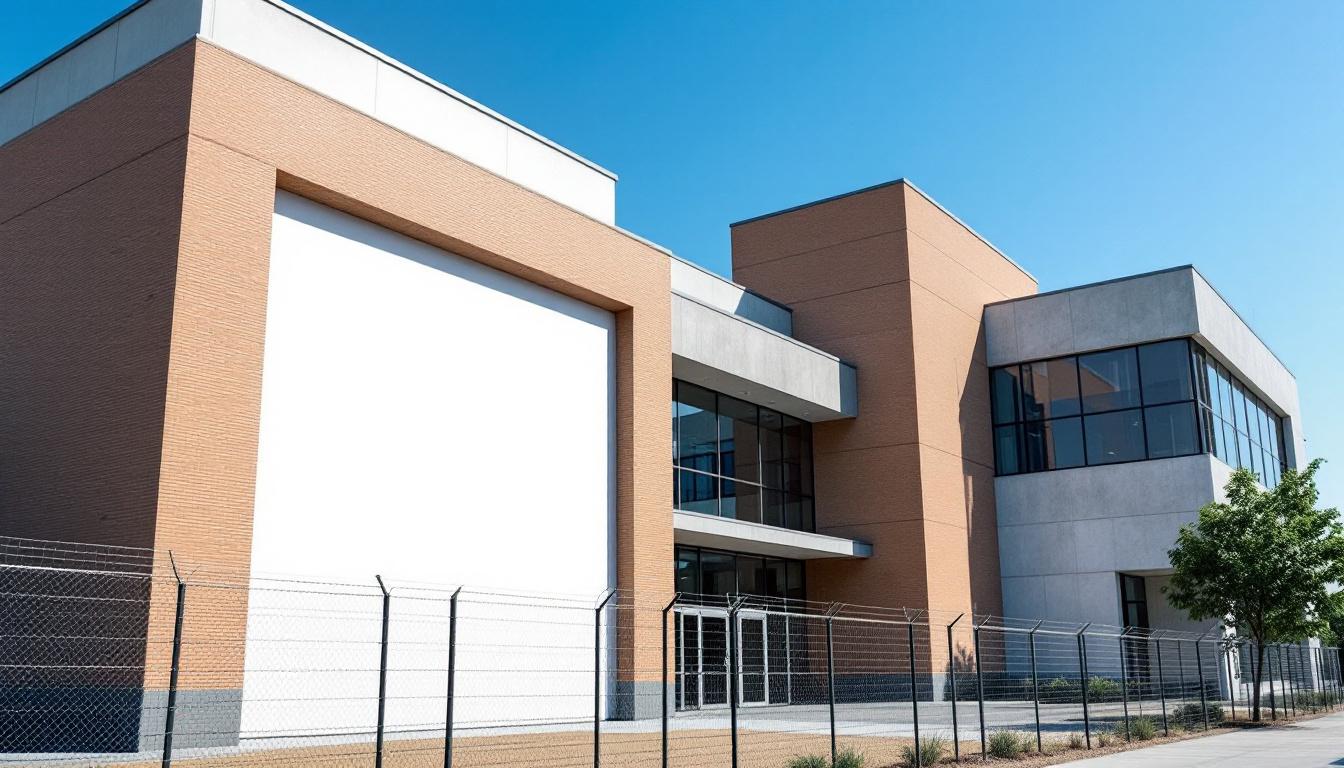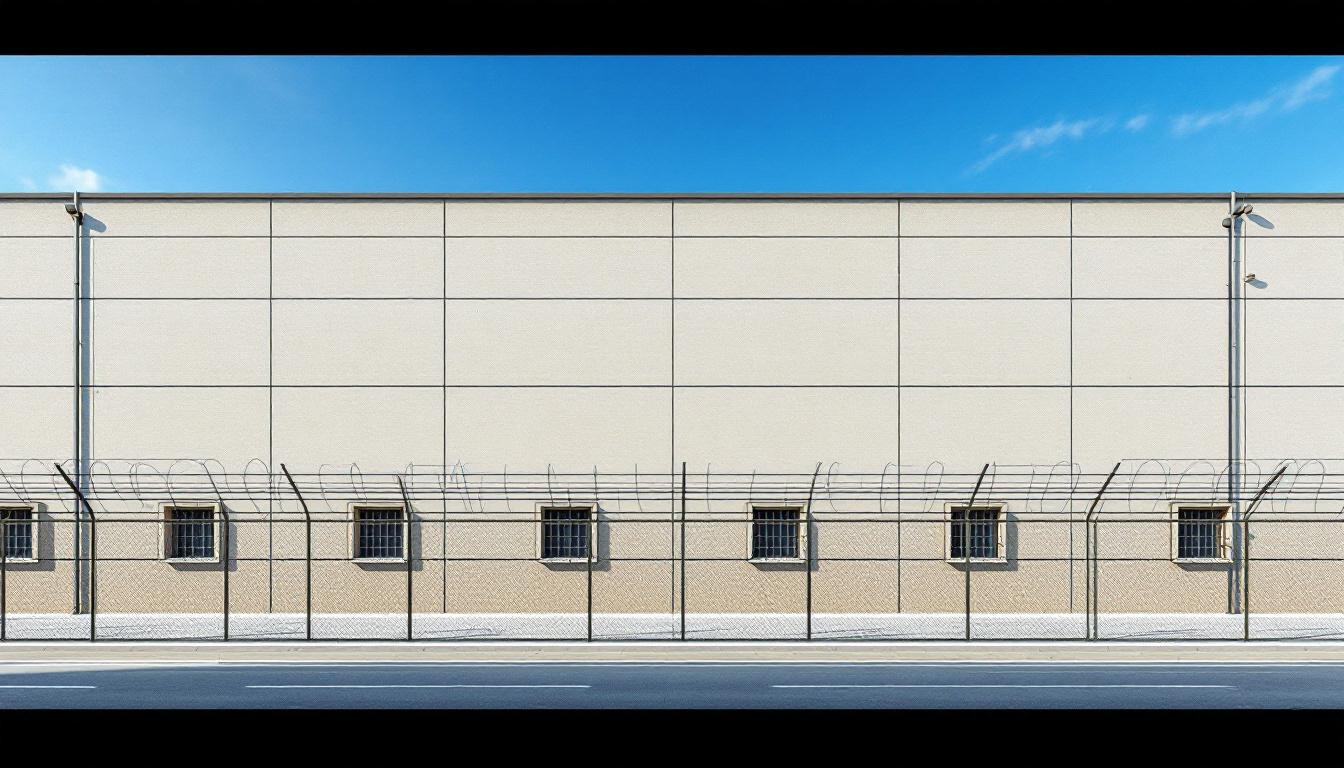
Quick Navigation
How to contact an inmate at Montgomery Women's Facility
This comprehensive guide will walk you through how to connect with an inmate at Montgomery Women's Facility. Follow the steps below to find an inmate and send letters and photos:
- Search for the inmate using our search tool below
- Create your account or log in to Penmate
- Write your message (up to 6,000 characters)
- Send instantly - inmates receive printed copies daily
Find an Inmate
Search for an inmate to start communicating today
Tip: You can search by first name, last name, or inmate ID number
To contact a person at Montgomery Women's Facility start by searching for the person on the official facility website. Perform a search by following these steps:
- Step 1: Enter their first name and last name into the search form and click "Search"
- Step 2: Locate their inmate record
- Step 3: Write down their Inmate ID and any housing information provided
Important! Be sure to enter the person's full name. Nicknames should not be used.
How to Send Messages to Inmates

You can use your phone or computer to send emails, letters, and photos to an inmate. Messages are sent electronically to inmate tablets or kiosks at the facility. If you would like to send a message, start by searching for an inmate at Montgomery Women's Facility.
Sending Photos and Postcards

A great way to send love and support to a loved one at Montgomery Women's Facility is to send photos and postcards. It only takes a few minutes to send photos from your phone and it makes a huge difference. You can also mail postcards with words of support and inspiration, or design your own postcard for special moments like birthdays and holidays.
Important! Be sure not to send any explicit photos or they may not be approved by the facility. You can also use a photo printing app like Penmate to make sure your photos are printed at the correct size (4x6 or 3x5) and are mailed according to the rules and regulations of Montgomery Women's Facility.
Frequently asked questions about Montgomery Women's Facility
-
How long does it take to deliver a message?
If you're sending an email message your letter is usually delivered within 24-48 hours. For messages sent via mail you should expect delivery within 3-7 days. All messages will need be approved by Montgomery Women's Facility.
-
How much does it cost to send a message to Montgomery Women's Facility?
You can send a message free using your phone or mail a message via USPS for the price of a $0.60 stamp and envelope. You can also purchase credits or e-stamps from services starting at $1.99.
-
What services can I use to contact an inmate at Montgomery Women's Facility?
Penmate
You can use Penmate to send letters and photos to an inmate from your phone. It's an easy way to stay in touch during your loved one's incarceration. Use the inmate locator to find an inmate's location and contact information, then you can send messages within a few minutes.
Securus messaging
Securus may be another option for communicating with an inmate at Montgomery Women's Facility. You can create a friends and family account and purchase credits to send messages. All messages will be reviewed and must be approved by the facility.
JPay
Some county jails and state prisons may support sending messages with JPay. You must register an account with the system, find your loved one, and purchase stamps to send messages. For some locations you can also attach photos.
Smart Jail Mail
You may also check if Smart Jail Mail is available at Montgomery Women's Facility. Smart Jail Mail is operated by Smart Communications and has contracted with some state and county jails. After purchasing credits, your messages and photos are sent to the facility, printed out, and then handed out to your loved one.
-
What is the mailing address of Montgomery Women's Facility?
Mailing address:
Montgomery Women's Facility
12085 Wares Ferry Rd
Montgomery, AL 36117
Phone: (334) 215-0756Business hours:
- Monday: Open 24 hours
- Tuesday: Open 24 hours
- Wednesday: Open 24 hours
- Thursday: Open 24 hours
- Friday: Open 24 hours
- Saturday: Open 24 hours
- Sunday: Open 24 hours
-
What are the visiting hours at Montgomery Women's Facility?
Visiting hours at Montgomery Women's Facility vary by housing unit and security level. Generally, visits are scheduled on weekends and holidays, with some facilities offering weekday visits. Contact the facility directly at (334) 215-0756 or check their website for the current visiting schedule. Visits typically last 30-60 minutes and must be scheduled in advance.
-
What items are prohibited when sending mail to Montgomery Women's Facility?
Prohibited items typically include: cash, personal checks, stamps, stickers, glitter, glue, tape, staples, paperclips, polaroid photos, musical or blank greeting cards, hardcover books, magazines with staples, and any items containing metal or electronics. Only send letters on plain white paper with blue or black ink. Photos must be printed on regular photo paper (no Polaroids). Always check with Montgomery Women's Facility for their specific mail policies.
-
How do I send money to an inmate at Montgomery Women's Facility?
You can send money to an inmate at Montgomery Women's Facility through several methods: 1) Online using JPay, Access Corrections, or the facility's approved vendor, 2) Money orders mailed directly to the facility with the inmate's name and ID number, 3) Kiosks located in the facility lobby, or 4) Over the phone using a credit or debit card. Fees vary by method, typically ranging from $2.95 to $11.95 per transaction.
-
Can I schedule a video visit with an inmate at Montgomery Women's Facility?
Many facilities now offer video visitation as an alternative to in-person visits. At Montgomery Women's Facility, video visits may be available through services like Penmate, Securus Video Connect, GTL, or ICSolutions. Video visits typically cost $10-20 for 20-30 minutes and must be scheduled in advance. You'll need a computer or smartphone with a camera and reliable internet connection. Contact the facility for their specific video visitation policies and approved vendors.
-
What identification do I need to visit an inmate at Montgomery Women's Facility?
All visitors must present valid government-issued photo identification such as a driver's license, state ID, passport, or military ID. Minors must be accompanied by a parent or legal guardian who can provide the minor's birth certificate. Some facilities require visitors to be on the inmate's approved visitation list, which may require a background check. Contact Montgomery Women's Facility for specific ID requirements and visitor approval procedures.
-
How can I find out an inmate's release date?
To find an inmate's release date at Montgomery Women's Facility, you can: 1) Use the online inmate search tool if available, 2) Call the facility's records department, 3) Contact the inmate's case manager or counselor, or 4) Have the inmate provide this information during a call or visit. For privacy reasons, some facilities only release this information to immediate family members.
Facility Overview
Contact Information
Montgomery Women's Facility12085 Wares Ferry Rd
Montgomery, AL 36117
Phone: (334) 215-0756
Official Website
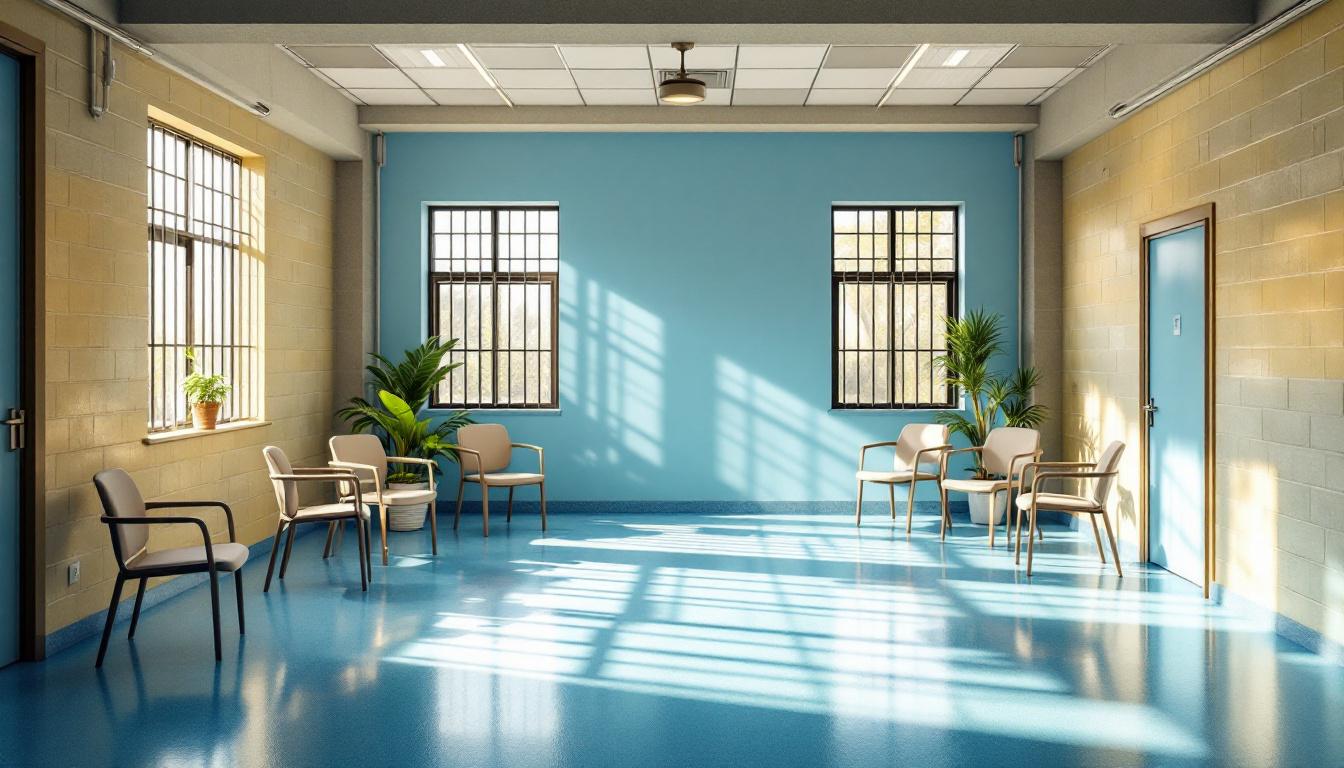
About Montgomery Women's Facility
Educational programming, vocational training, and community reintegration services form the cornerstone of what Montgomery Womens Facility, AL offers to individuals within Alabama’s correctional system. Located in Mt. Meigs, this women’s correctional facility typically emphasizes skill development and personal growth opportunities that may include job readiness training, substance abuse counseling, and educational advancement programs. The facility generally operates with a focus on preparing individuals for successful community reentry through partnerships with local organizations and service providers throughout the region.
Montgomery Womens Facility serves as an integral component of Alabama’s approach to women’s corrections, often providing specialized programming that addresses the comprehensive needs and circumstances of female offenders. The Mt. Meigs location allows for potential collaboration with community-based resources, which may enhance the facility’s ability to offer comprehensive support services. Programs typically focus on measurable outcomes such as reduced recidivism, improved employment prospects, and strengthened family relationships, reflecting the state’s broader commitment to rehabilitation-centered corrections.
Through its position within Alabama’s correctional network, this AL correctional facility generally works to connect individuals services with post-release support systems, creating pathways for sustainable community integration. The facility’s programming approach often emphasizes building practical life skills, addressing underlying issues that may have contributed to criminal behavior, and fostering personal accountability and growth among participants.
Programs & Services
Recognizing that meaningful reintegration requires multifaceted support, the comprehensive programming framework at Montgomery Women’s Facility encompasses a diverse spectrum of opportunities designed to address the varied needs of individuals during their incarceration. This holistic approach acknowledges that successful rehabilitation often depends upon simultaneously addressing educational deficits, emotional challenges, and spiritual growth through carefully coordinated interventions. The facility’s philosophy centers on providing individuals with multiple pathways for personal development, ensuring that each person may access services aligned with their specific circumstances and goals.
Educational advancement forms a cornerstone of the facility’s comprehensive offerings, with adult basic education serving as a foundational component for individuals seeking to strengthen their academic skills. These educational opportunities typically encompass literacy development, mathematics instruction, and preparation for high school equivalency examinations, providing essential building blocks for future success. The structured learning environment may offer individualized instruction that accommodates varying skill levels, allowing participants to progress at their own pace while working toward meaningful educational milestones.
Moreover, the facility’s therapeutic and support services create additional layers of comprehensive care through specialized programming designed to address emotional and spiritual needs. Grief counseling and anger management opportunities provide individuals with essential tools for processing difficult emotions and developing healthier coping mechanisms. Faith-based programs and religious services may offer spiritual guidance and community connection, while work release opportunities can facilitate gradual reintegration into the broader community. This multidimensional approach ensures that individuals have access to various forms of support that may prove instrumental in their personal growth and successful transition back to society.
Daily Life & Visitation
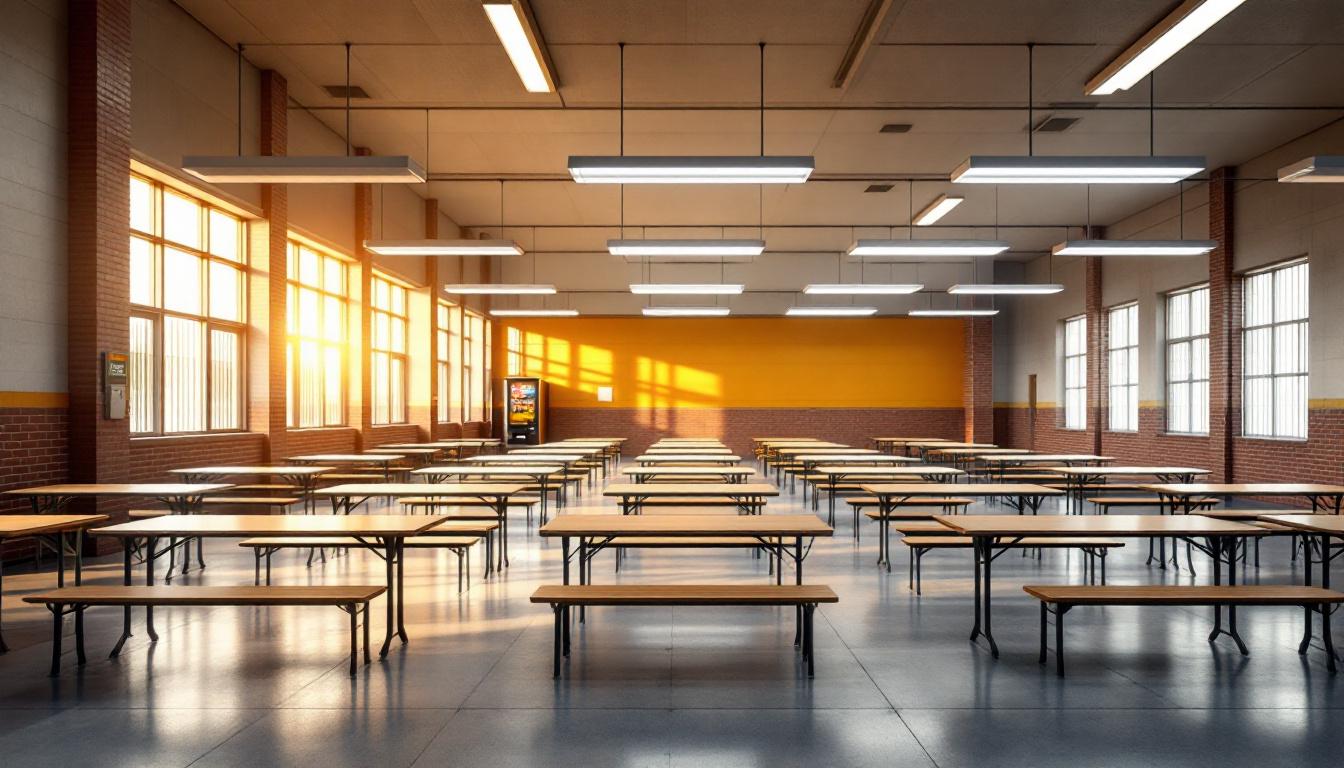
The sound of morning announcements echoes through housing units as individuals begin another structured day within the facility’s controlled environment. Daily routines currently revolve around a carefully orchestrated schedule that continues to balance security requirements with opportunities for personal development and rehabilitation. Individuals typically wake early for count procedures, followed by breakfast service in designated dining areas, where meals are prepared according to state nutritional guidelines and may accommodate various dietary restrictions and medical needs.
Living accommodations generally consist of dormitory-style housing units or smaller rooms, where individuals share space with roommates and maintain personal belongings within approved limits. The facility typically provides basic furnishings including beds, storage areas, and shared bathroom facilities, while individuals may purchase additional comfort items through the commissary system. Moreover, housing assignments often consider factors such as security classification, medical needs, and program participation, with some units designated for specific populations or those engaged in particular educational or vocational programs.
Recreation and exercise opportunities offer structure through organized activities in gymnasiums, outdoor recreation areas, and multipurpose rooms where individuals may participate in sports, fitness programs, and leisure activities. Whereas security protocols govern movement throughout the facility, visitation policies generally allow for regular contact with approved family members and friends through scheduled visits, phone calls, and correspondence. The facility typically provides gender-specific programming that may include parenting classes, family reunification support, and specialized counseling services designed to address the comprehensive challenges faced by incarcerated women, particularly those who are mothers seeking to maintain connections with their children during their period of incarceration.
Ready to Connect?
Start communicating with your loved one today
Search for an Inmate
